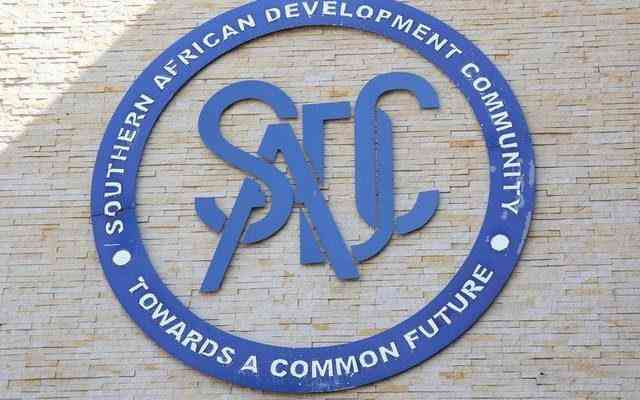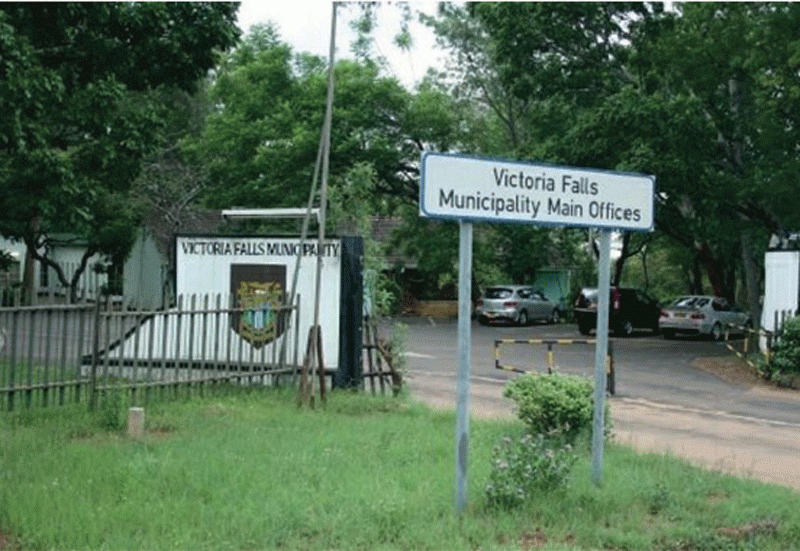
THERE are growing calls for Southern African Development Community (Sadc) member States to reaffirm their commitment to protecting the region’s rich natural heritage, including over 300 000 elephants that roam across the shared landscapes.
This emerged at the ongoing 25th edition of the Sadc Transfrontier Conservation Areas (TFCA) Conference and Heads of State Summit which opened in Harare on Monday.
The event seeks to secure stronger political and financial commitments to elevate TFCAs’ role in promoting biodiversity conservation, regional integration and sustainable development.
It also seeks to address urgent threats to the region’s biodiversity, including climate change, habitat loss and the significant conservation funding gap.
World Wide Fund for Nature country director Itai Chibaya underscored the successes of TFCAs in promoting regional integration, conservation and community livelihoods.
“TFCAs are no longer just conservation zones, they are corridors of connectivity, bridges between nations, cultures, ecosystems and economies,” he said.
“They represent regional integration in action — not only in conference halls, but in the savannahs and forests where real people live, herd, farm and thrive.”
Chibaya said TFCAs had seen the growth of elephant populations in the KAZA area as well as reduction in cases of illegal logging in the Ruvuma region in Tanzanzia, among other positive developments.
- Govt incentive divides teachers
- Construct fireguards around your property
- Construct fireguards around your property
- ‘Mid-term budget must address issues affecting masses’
Keep Reading
However, TFCAs now face new challenges such as climate change, infrastructure development and funding uncertainty.
“We must confront the hard truths. Climate change is drying rivers, shifting wildlife movements and compounding human-wildlife conflicts,” Chibaya said.
“Expanding infrastructure and land use change continue to fragment critical corridors.
“These are not reasons to retreat. They are reasons to act — with urgency, ambition and innovation.”
Chibaya also emphasised that TFCAs could be used as “engines of peace, prosperity and planetary health” while also aligning with the continent’s visions, including African Union’s Agenda 2063 and the Global Biodiversity Framework.










